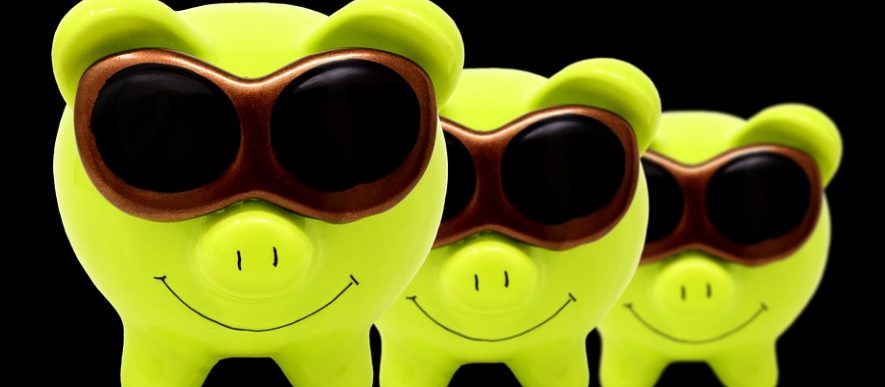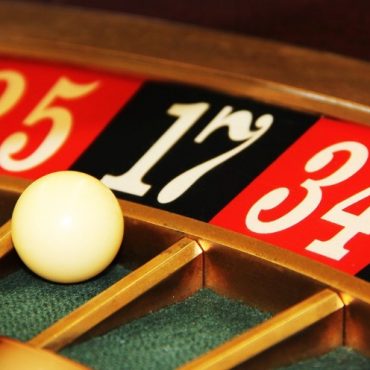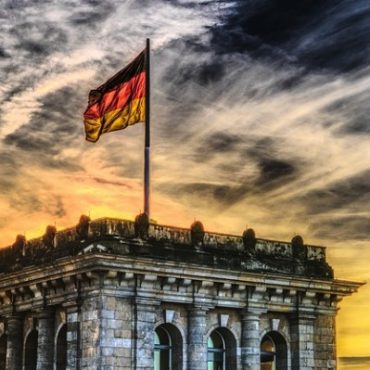The government of New Zealand has presented an innovative strategic plan to fight gambling addiction. Like its closest neighbour Australia, the island nation suffers primarily from a slot machine dilemma. Look for the best bitcoin casino New Zealand!
Figures released last February by New Zealand’s Department of Internal Affairs (DIA) speak for themselves: in the 2016 – 2017 financial year, gamblers on the ‘Emerald Isle’ spent over 125 million New Zealand dollars (NZD) more than in the previous year – an increase of 5.7%. A whopping NZD 2.3 billion (~ €1.3 billion) was gambled during this period, with a population of ‘only’ 4.7 million.
Due to the problematic development, the Ministry of Health (MOH) recently presented a new strategic plan: According to this plan, the appropriate measures to contain, minimise and (at best) prevent gambling-related harm are to be developed based on an online public consultation, i.e. a citizen survey. According to reports, Minister of Health, David Scott Clark (Labour Party), had already initiated the survey process at the beginning of August.
According to Clark’s statements, the MHO sheet will be divided into three thematic parts: First, the priorities of the government are defined. Secondly, the funding levels are broken down in a budget-oriented way. Thirdly, the citizens are asked to make suggestions on the general strategic orientation. The official evaluation is scheduled to begin on 21 September.
Ideally, New Zealand’s regulatory regime from 2019 to 2022 could emerge from the procedure, which is as modern as it is promising. Although the approximately 270,000-square-kilometre island state belongs to the British Commonwealth, the parliamentary monarchy of New Zealand is independent – in terms of gambling, legislation here is the responsibility of the DIA. In principle, the Gambling Act 2003 applies, which prescribes a regular review and (if necessary) updating of the laws every three years.
More than a pokie problem
So far, New Zealand’s gambling legislation seems quite sensible and modern. However, given the continuous negative development in recent years, the devil is inevitably revealed in the details – in the form of severe loopholes, and inadequately controlled subsectors: How dense or permeable the membrane between gambling and gaming has so far remained entirely undefined in New Zealand.
Equal to its nearest neighbour, Australia, which is 28 times larger in area, New Zealand’s gambling industry is split into four branches – sports betting, lottery gambling, traditional casino gambling and slot machines.
In Australian slang, pokies refer to virtual poker machines, which have recently become a veritable problem gambling epidemic Down Under. Meanwhile, the dodgy slots are flooding New Zealand, 4,150 kilometres away. According to the MOH, about 53% of problem gamblers generate about 38% of the total gambling expenditure at the omnipresent devices.
The poorest of the poor are (famously) affected, so New Zealand experts are calling for a general pokie ban. This is because 50% of all pokies in New Zealand, they say, are in areas of “the highest socio-economic deprivation”. Whether the MOH questionnaire also provides information on this is not yet known, but there is inevitably a need for regulation.




